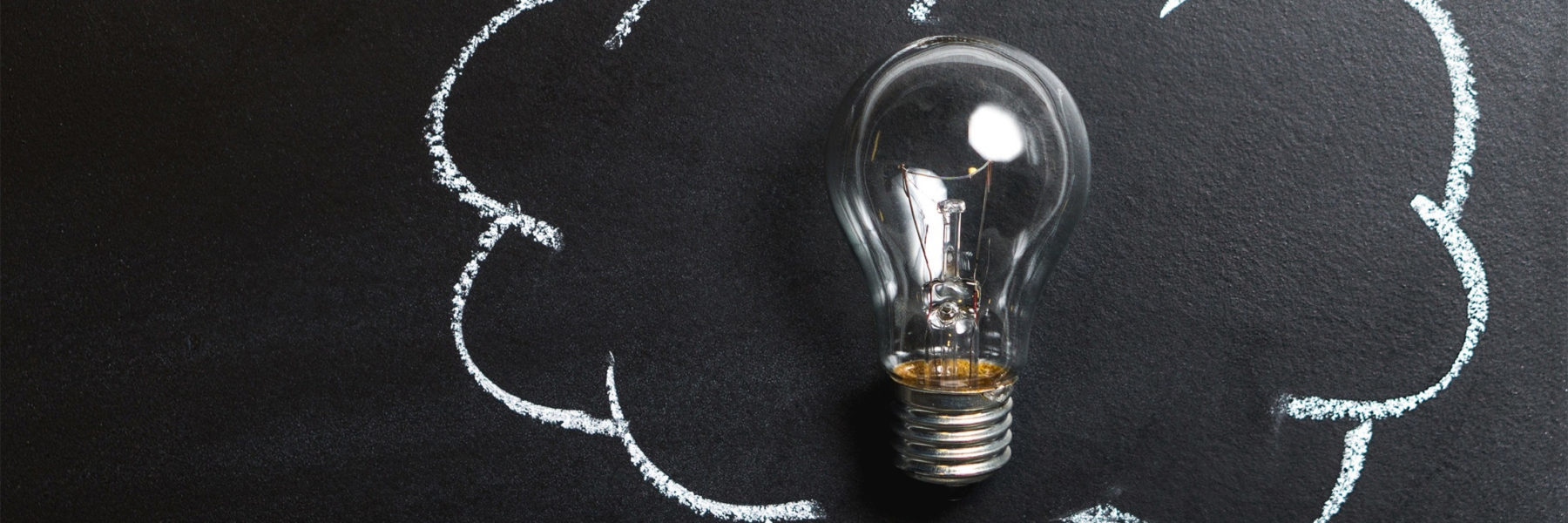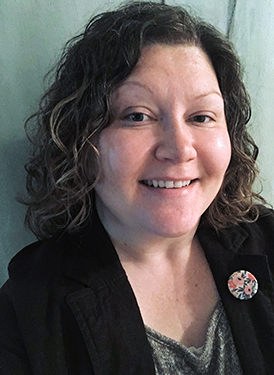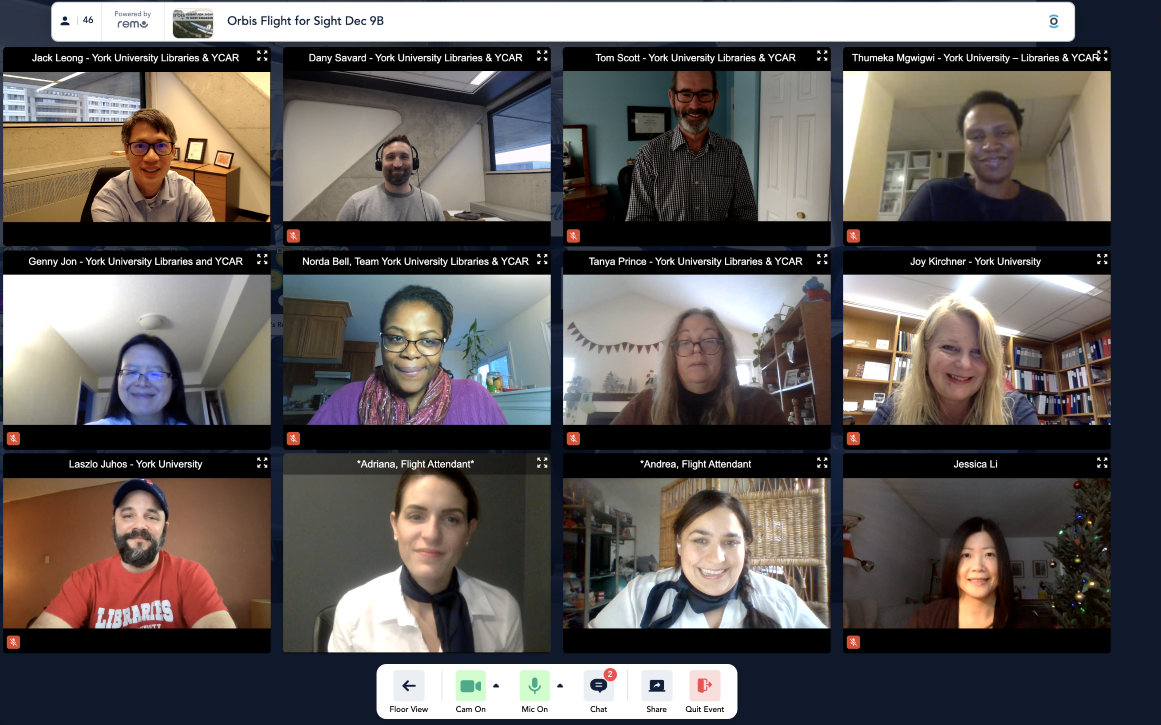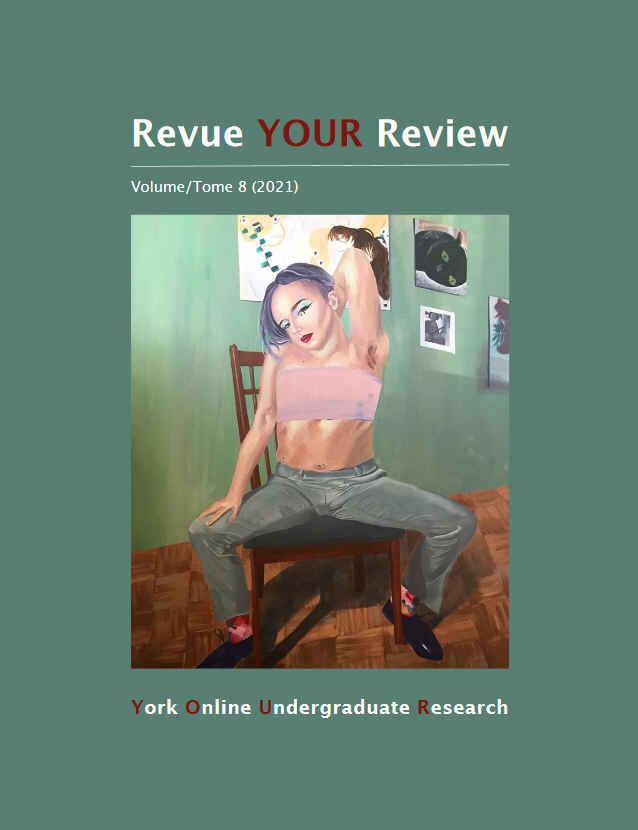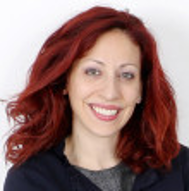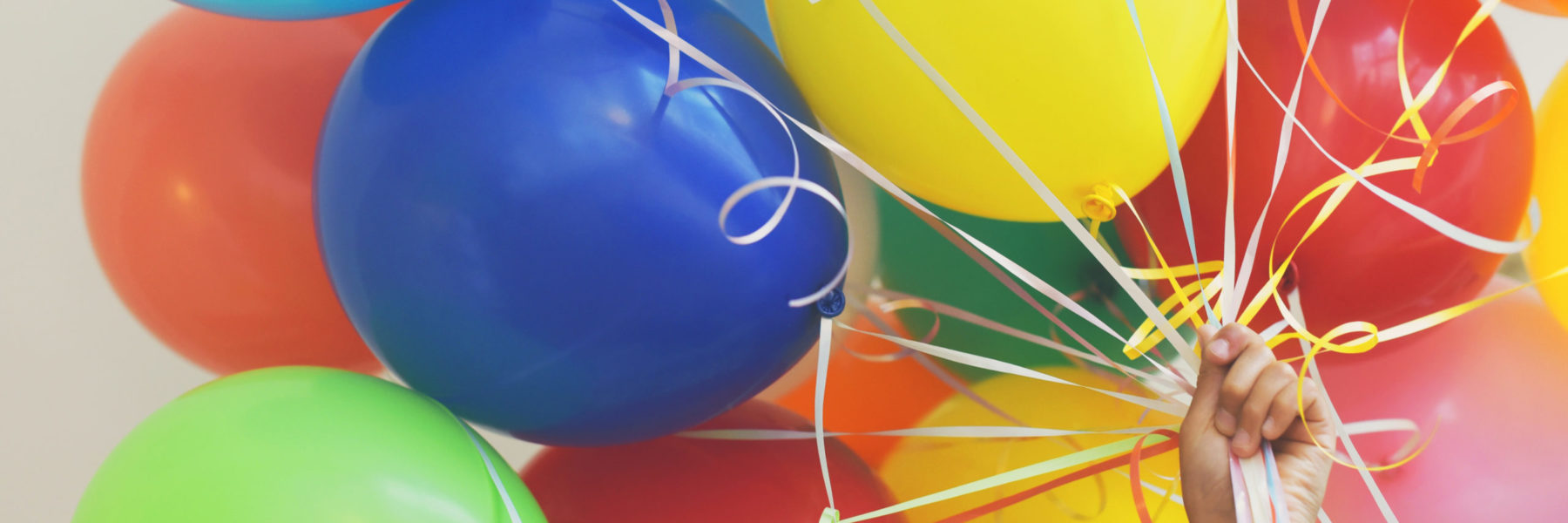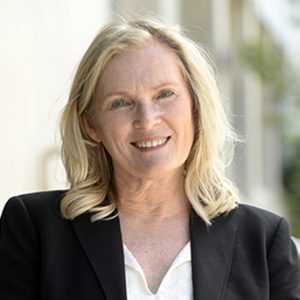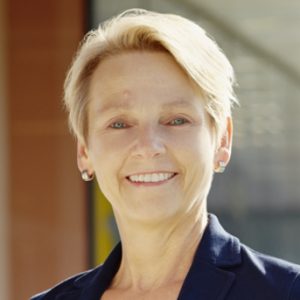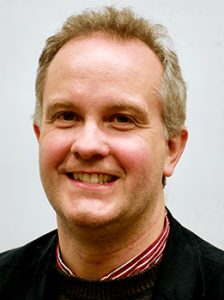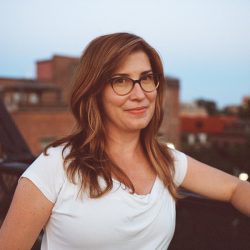An ongoing Black History Edit-a-thon event aims to improve the digital coverage of Black histories and experiences on Wikipedia and Wikidata. The edit-a-thon features a kickoff event in the form of a panel discussion on Black archives on Monday, Feb. 7, from 1 to 2:30 p.m. EST.
While researching for a display case for Caribana’s 50th anniversary at York University Libraries (YUL) almost five years ago, Katrina Cohen-Palacios, an archivist at YUL’s Clara Thomas Archives and Special Collections at Scott Library, found that articles from major news outlets did not report on the historical-cultural significance of the annual celebration. Knowing that Wikipedia is one of the most visited websites worldwide, she decided to use all the citations she found to expand the Caribana article on the Wikipedia page on this subject. The result? Today, the article receives an average of 123 page views per day.
“This type of contribution provides long-lasting impact that improves representation of a significant cultural event. This is because most people including media, often use Wikipedia as the starting point of their research process,” said Cohen-Palacios.
Mobilizing research is part of what drives her passion to make a difference at York’s libraries, where she’s been an archivist since 2017. It’s also one of the reasons she’s sharing her knowledge about wiki-editing with students during this year’s Black History Edit-a-thon 2022 Event, which continues until Feb. 28, with synchronous editing sessions every Friday of the month.
The edit-a-thon is a joint effort by library and archives staff and students at York University, University of Toronto (U of T), X University (formerly Ryerson), and Toronto Public Library (TPL) as part of Black History Month events. Drawing upon expertise, the York University Libraries will be hosting and leading editing sessions on Wikidata as part of this collaboration. The event is sponsored by the Office of the Vice-President Research & Innovation at York University.
“Often the history of Black Canadians is told in a way that it focuses on adversity and the token firsts who overcame the barriers of racism and discrimination,” said Cohen-Palacios. “This unidimensional, flat narrative obscures the multifaceted, plurality of experiences – notably, a celebration of inspirational figures and events that have the power to uplift and spark joy – within these communities. With Wikipedia mirroring these gaps, these edit-a-thons are a great opportunity to build awareness about the gaps in our national narratives and engage individuals to collectively use our power and privilege to contribute towards sharing inclusive Black history, especially those that are written by Black scholars.”
Co-organizer of the event, and data visualization and analytics librarian in the Open Scholarship Department, Alexandra Wong, says a Wikidata session was added this year, due to the platform’s growing popularity, Wikidata’s impact, and the opportunity to teach and improve participants’ data skills. With the event collaboratively hosted by York University Libraries, U of T Libraries, X University Library, and TPL, the libraries are in a unique position to provide robust, shared support and resources on source selection and metadata structuring, adds Wong.
“This edit-a-thon aims to consciously, and with care, improve the digital coverage of Black histories and experiences,” said Wong. “We hope to engage with students and our wider community, and to empower them to contribute and become editors: we want students to be inspired and properly equipped to write their own histories.”
Wikidata is an open-linked data repository that centralizes information across all Wikimedia projects, including Wikipedia and Wikimedia Commons. Where Wikipedia’s goal is to compile the sum of human knowledge, Wikidata aims to structure the sum of human knowledge and make it machine readable to assist artificial intelligence.
Wong says Wikidata has enormous potential for information access because all languages can pull information from Wikidata’s linked data, which is primarily language-agnostic. One goal of YUL’s Wikidata portion of the Black History Edit-a-thon is while most participants will be editing in English, they are also contributing more equitably to all languages and communities of knowledge through the platform.
Wikidata can also inherit biases, from who edits Wikidata and what knowledge is created in it. The Wikimedia Foundation has found that only 1.6 per cent of contributors are based in Africa, although people in Africa comprise 17 per cent of the world’s population. Their U.S. data for Wikipedia finds that fewer than one per cent of Wikipedia editors identify as Black or African-American. This can create gaps in the public’s sum of knowledge, said Wong.
Beginners with no experience in Wikipedia and Wikidata will be provided with training and instructions in every Friday working session. As well, more experienced editors in Wikipedia or Wikidata will be guided to leverage their skills to improve the visibility of Black scholars and their works and will be supported by other experienced editors throughout the working sessions.
Collette Murray, a PhD student in dance studies at York University, will be part of a panel presentation on Black archives for the kick-off event on Feb. 7. She’s been an advocate in the arts sector for several years and says online content has some work to do in highlighting changemakers in the Black community.
“I felt it was important to contribute a new perspective to decolonize ideas around digital archives,” said Murray. “There are many more categories of Black content missing on not-for-profit organizations who mobilized for diverse Black communities. It raises questions on why now. Who decides who can document and who gets archived? As an emerging scholar, I would like to find and reference digital spaces that speak to me, represents us so that everyone can learn content about generations of Black communities across Canada.”
Through this kind of event, organizers hope to diversify the Wikipedia and Wikidata editor base and given Toronto and York University’s diverse populations, Wong and her team hope they can contribute to decreasing the gaps in information. Wong says by bringing in these perspectives, the goal is also to bring a Canadian perspective into a platform like Wikipedia and Wikidata where much of the knowledge is America-focused.
“York University specifically has students that come from over 155 countries and so we have this great population of students that we think could be bringing their own histories and contributing their own unique perspectives,” said Wong. “We hope to engage with students and our wider community and to empower them to contribute and become editors: we want students to be inspired and properly equipped to write their own histories. Within the Wikidata component, we suggest our editors focus on helping to create items for Black scholars and their works. Our goal is to promote and raise the visibility of these academics and their important academic outputs.”
The Black History Edit-a-thon’s organizing team said the York University libraries will continue to play an important role in providing the space to teach and educate in this area. With many groups traditionally excluded from these types of environments, the libraries have the potential to create a safe space and teach individuals how not only to critically review resources but also to overcome the daunting experience of learning new technologies. Events such as edit-a-thons have the potential to create an inclusive and welcoming atmosphere for newcomers and foster a community of users to collectively mentor and inspire one another. With the collaborative nature of Wikipedia and its platforms, everyone from a variety of backgrounds and disciplines – not just coders and hackers – can contribute, download and analyze data sets to mobilize knowledge and new discoveries.
“York University Libraries was an early international leader in exploring the emerging field of linked open data and its potential to provide pathways for researchers and research libraries to address and deconstruct systemic injustice present in traditional methods of surfacing and accessing research collections by exploring the use of Wikidata to create a model process of community-librarian/archivist/curator-scholar collaboration,” said the Dean of Libraries at York, Joy Kirchner. “I’m thrilled our next generation of librarians and archivists has taken up this work to address a critical gap in Black content with an empowering and inclusive approach.”
For more information, visit the Black History Edit-A-Thon Wikipedia webpage. To register click here.


